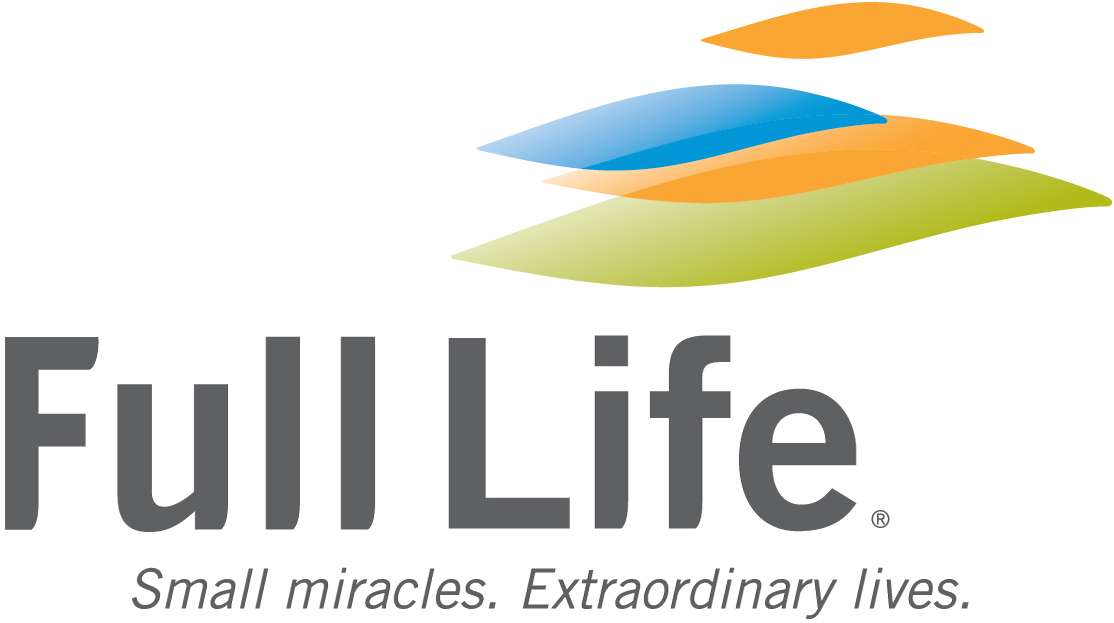The Community Transitions Program helps lay the groundwork for clients to be successful in their living situations. We serve clients who are transitioning from an institution to the community and those whose community placement is in jeopardy.
Some clients may need help to identify and address challenging behaviors. Community Transitions Program refers clients to professionals with Full Life Care’s Solstice Behavioral Health Program when needed. Behavioral health counselors provide consultation and interventions that help address challenging behaviors.
Behavior management strategies and interventions are offered to adults with:
- A Mental Health Diagnosis
- A Developmental Disability
- Dementia
- Traumatic Brain Injury
- Stroke
- Chronic Health Conditions
- Hoarding and Clutter Disorders
Interventions may include:
- Behavior analysis and assessment.
- Developing behavior plans and other agreements between caregivers and clients.
- Cognitive-behavioral interventions including emotion regulation.
- Psychoeducation and training for caregivers regarding clients’ condition/diagnosis.
Intervention Explained
Behavior support is not treatment; it is shorter-term and is often more intensive. It includes working with caregivers. Counselors are readily available to clients and their caregivers, especially during the first 30 days.
Support services can usually begin within a week of receiving a referral. Behavioral health counselors can help caregivers to be prepared to manage behaviors during the first visit and decrease the chances of relocation.
Length of Intervention Services
The length of the behavior intervention is determined by the Home and Community Services (HCS) Division of the Washington State Department of Social and Health Services (DSHS). Intervention services normally range from one to three months.
Clients and caregivers can be seen once to twice a week during that time, depending on need.
How Services Are Paid
Behavior support services are paid for through Roads to Community Living, Washington Roads, and COPES. There is no charge to the client.
Contact Us
For information or to refer a client, contact us
Riley De Hoog
Program Director
Community Transitions Program
Phone: 206.406.7028
Fax: 206.436.8388
Email
